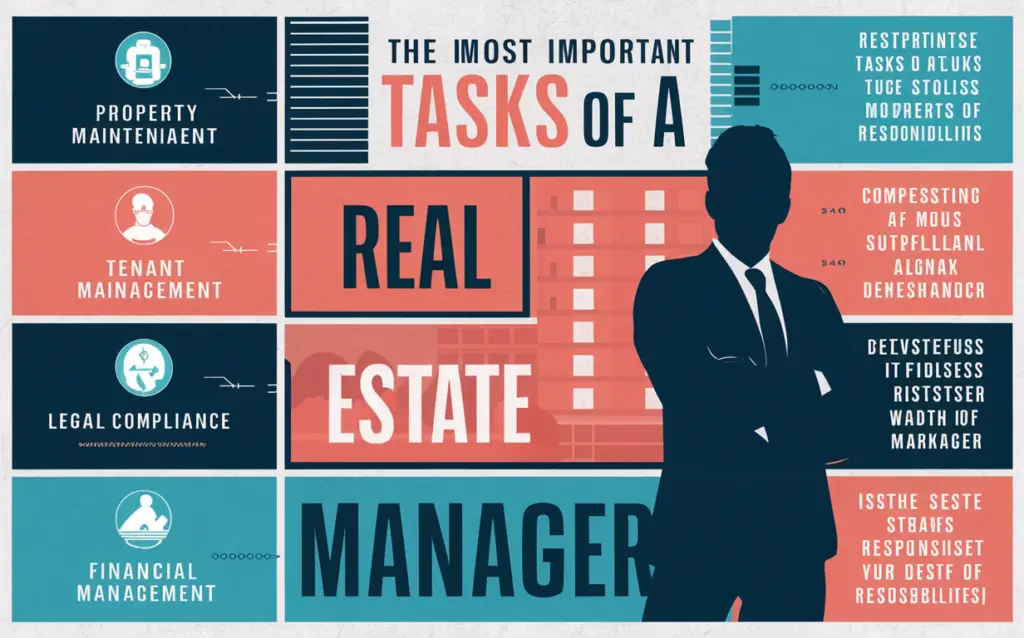Successful project communication: tips and tricks
Project communication is a key factor in the success of a project. It fulfils several important functions: Disseminating information: Ensuring that everyone involved has relevant project information. Creating clarity: Avoiding misunderstandings and ambiguities. Promoting collaboration: Supporting effective co-operation between team members. Conflict resolution: Providing mechanisms to manage differences of opinion. Maintaining motivation: Maintaining the commitment and motivation of those involved in the project. Stakeholder management: Managing the expectations and needs of all stakeholders. Building trust: Strengthening the [...]
Successful project communication: tips and tricks Read more »
















